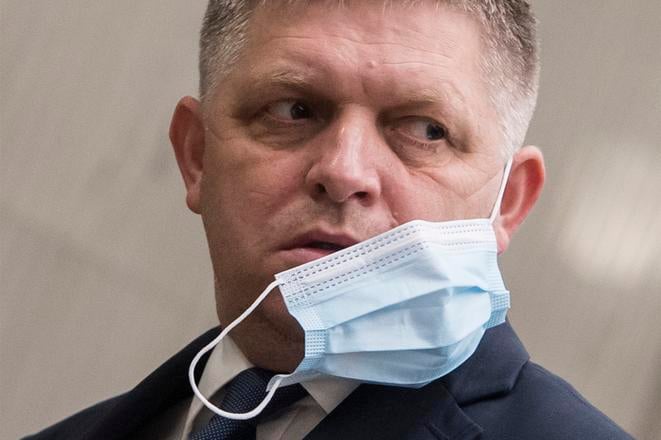Slovakia’s parliament has passed a controversial law that will allow individuals fined for breaching Covid-19 restrictions—or those billed for meals in mandatory state quarantine facilities—to claim compensation from the state. The legislation, approved on Wednesday by the governing coalition of Smer, Hlas and SNS, has been sharply criticised by medical professionals and opposition politicians, who say it rewards rule-breaking and risks undermining public trust in the state.
The law will come into force on 1 May 2025 and covers penalties issued between March 2020 and September 2023. Successful applicants will be reimbursed by the Interior Ministry, local municipalities or regional public health offices, depending on the authority that imposed the original fine. Claims must be submitted by 31 August 2025, accompanied by proof of payment or a signed declaration.
The move follows years of political tension over pandemic-era enforcement. During the coronavirus pandemic, thousands were fined for violations, including not wearing face masks or failing to observe curfews and restrictions. At the time, even senior politicians flouted the rules—then-Prime Minister Igor Matovič was fined for serving food at the Government Office without a mask. Robert Fico, now prime minister, rejected mask-wearing altogether, opting instead for a plastic face shield and calling on the public to resist pandemic measures.
Supporters of the bill say it corrects what they describe as legal overreach by previous administrations. “Many measures were imposed outside regular legislative procedures and without constitutional grounding,” said Smer MP and physician Vladimír Baláž.
But critics, including the Association of Outpatient Providers and opposition MPs, have labelled it a “Covid-19 amnesty”. They warn the precedent could jeopardise public health compliance—especially during the current outbreak of foot-and-mouth disease—and estimate the compensation package could cost the state over €5 million.
President Peter Pellegrini has yet to say whether he will sign the bill into law.


